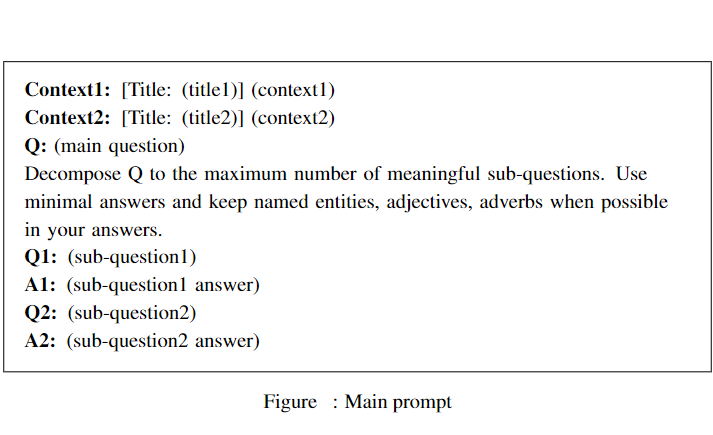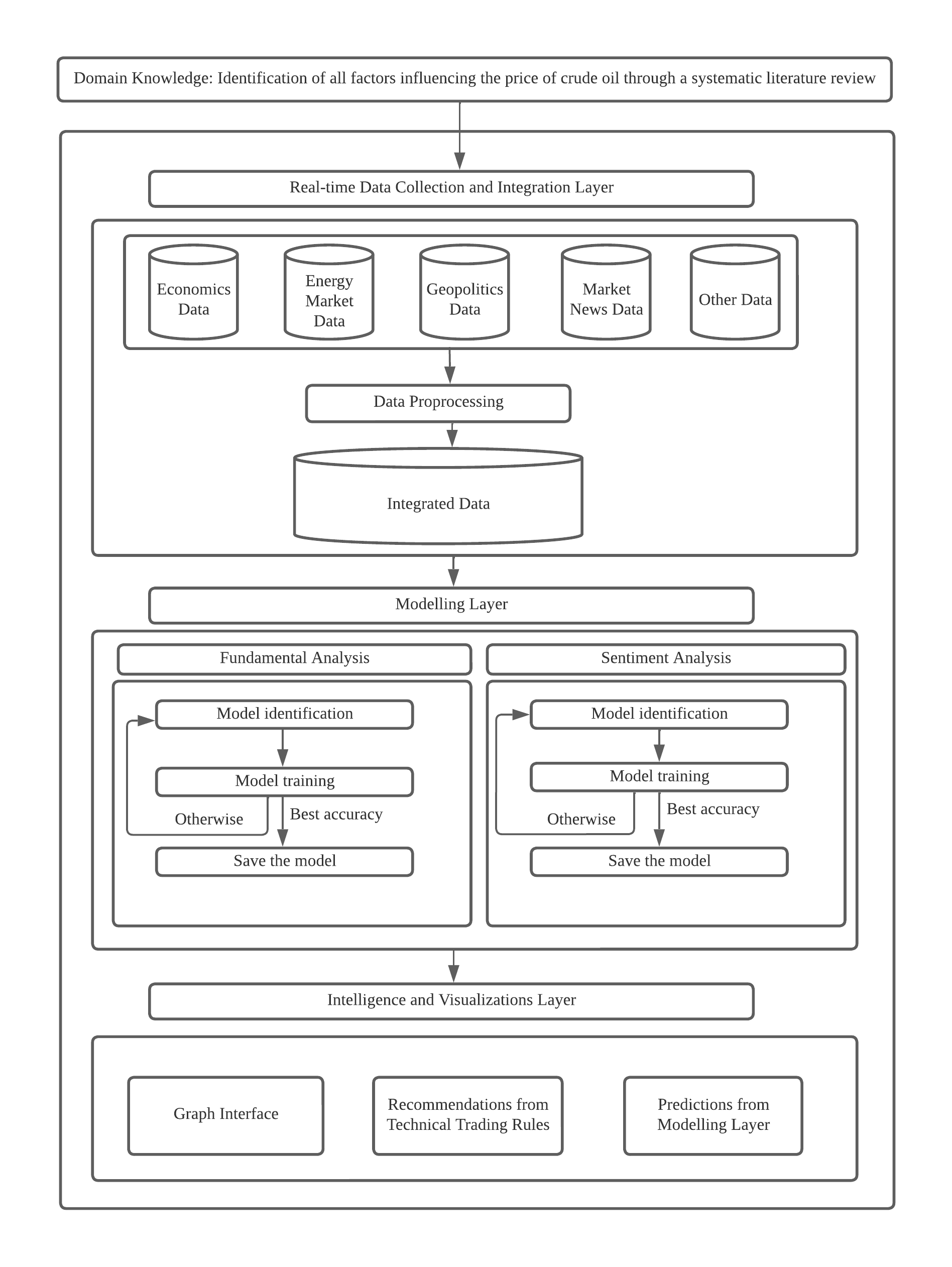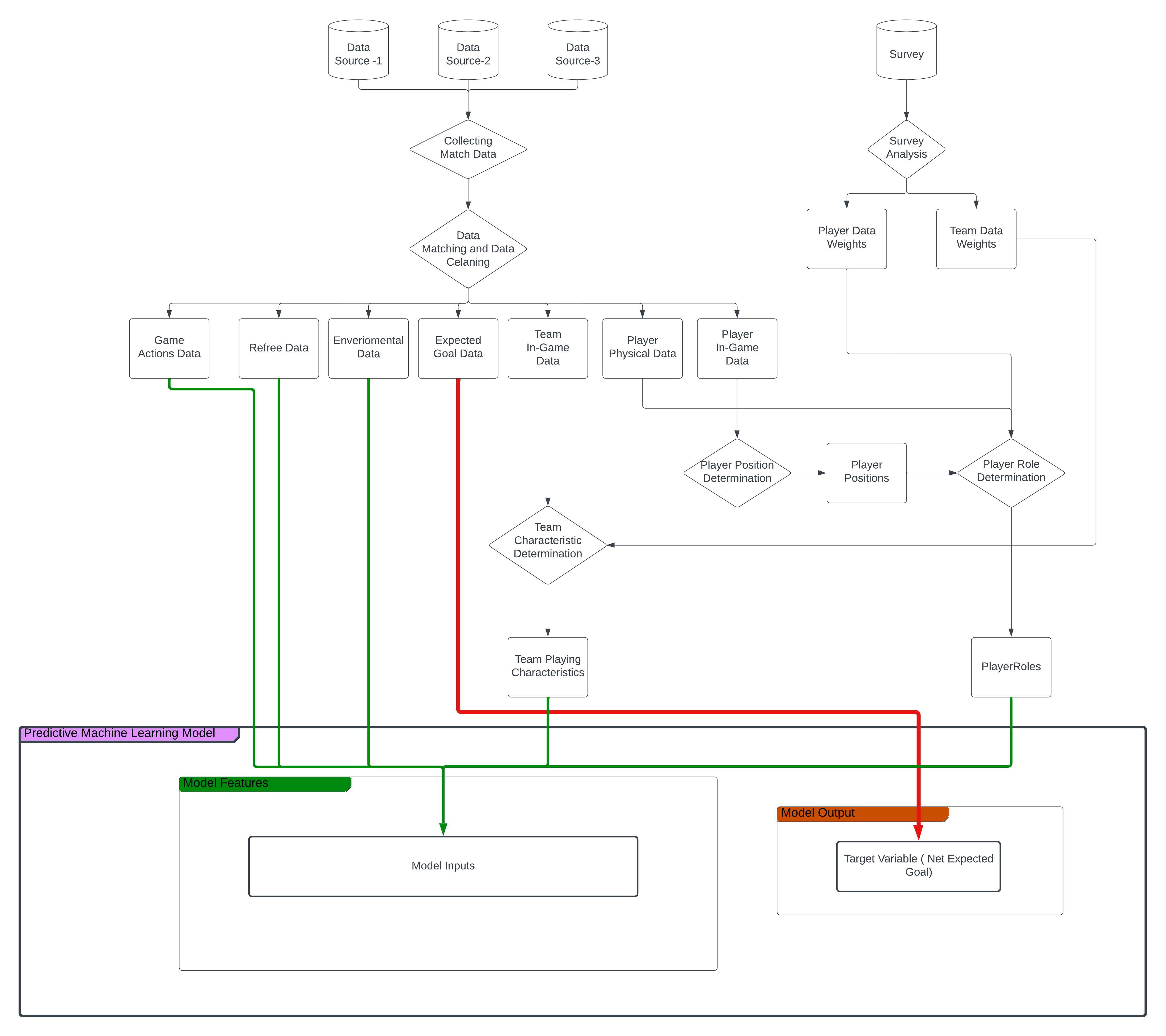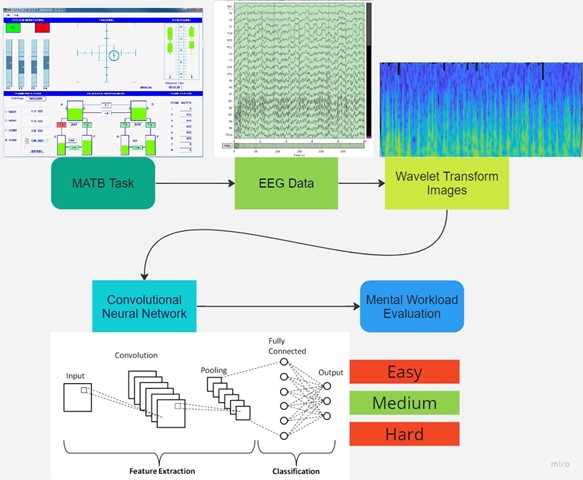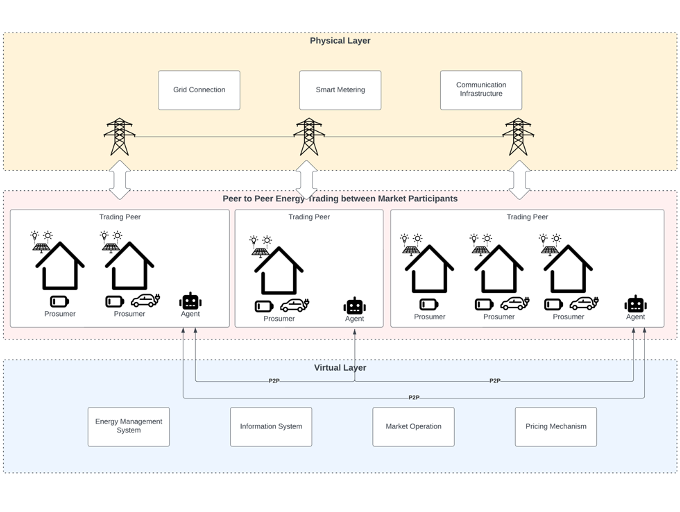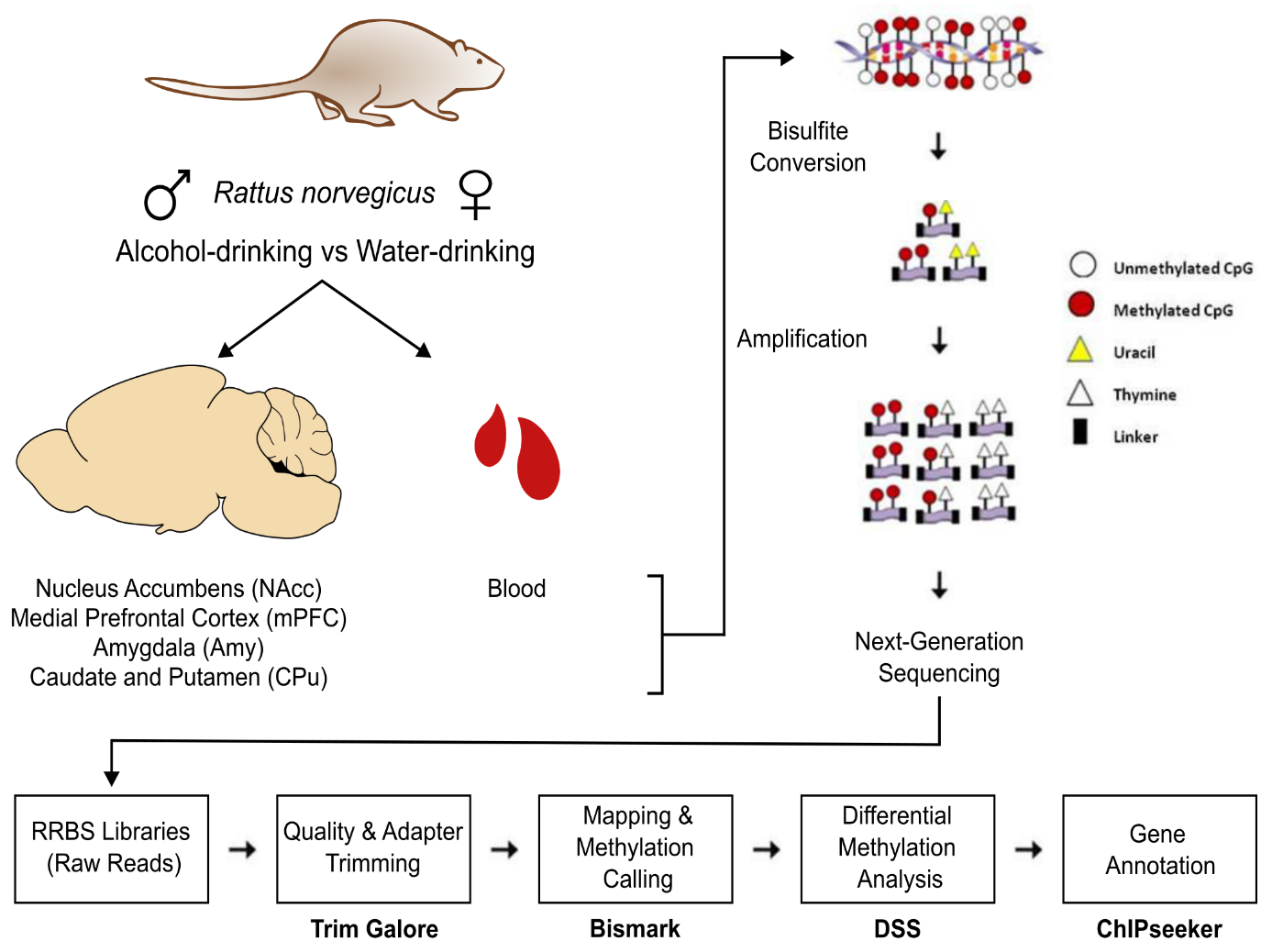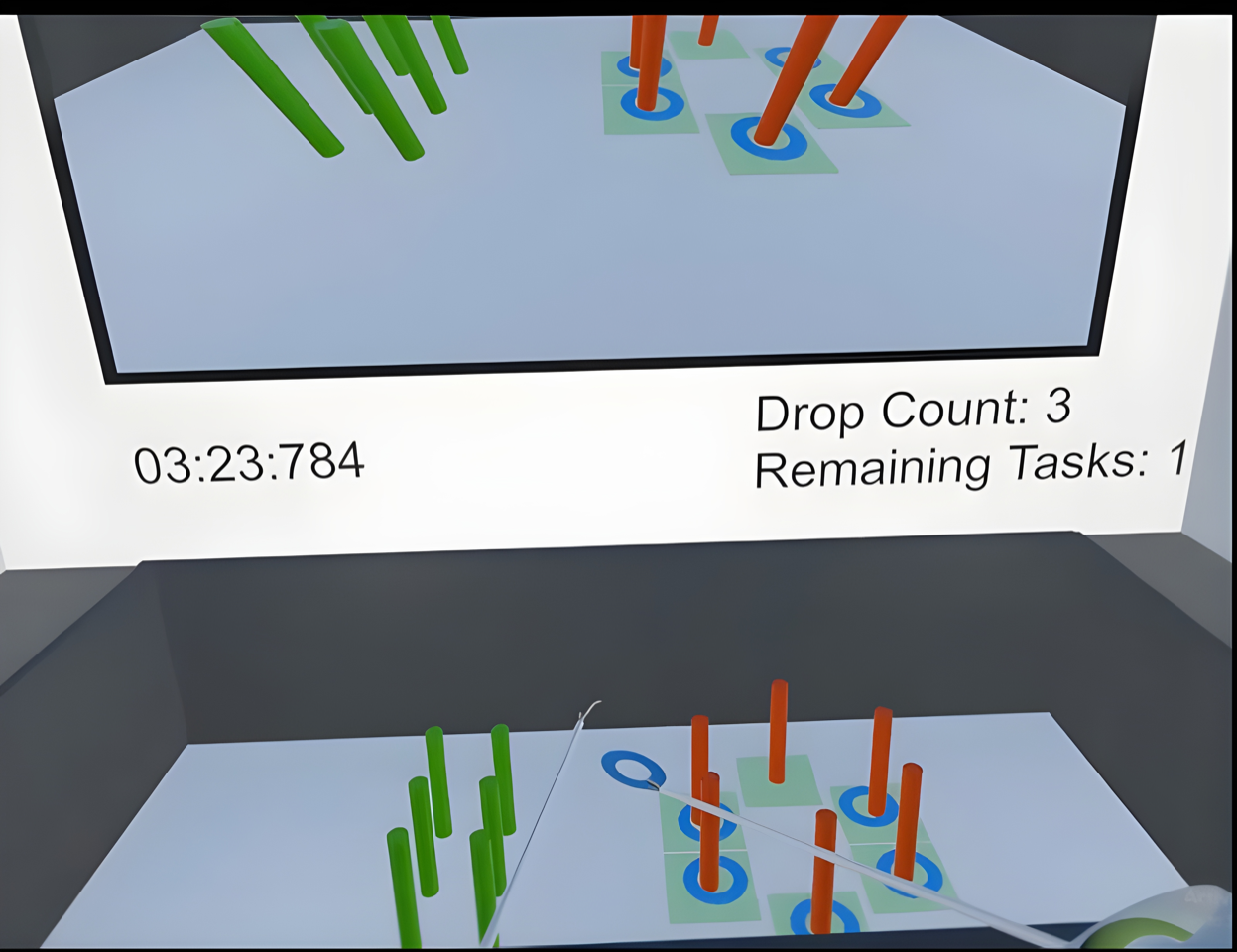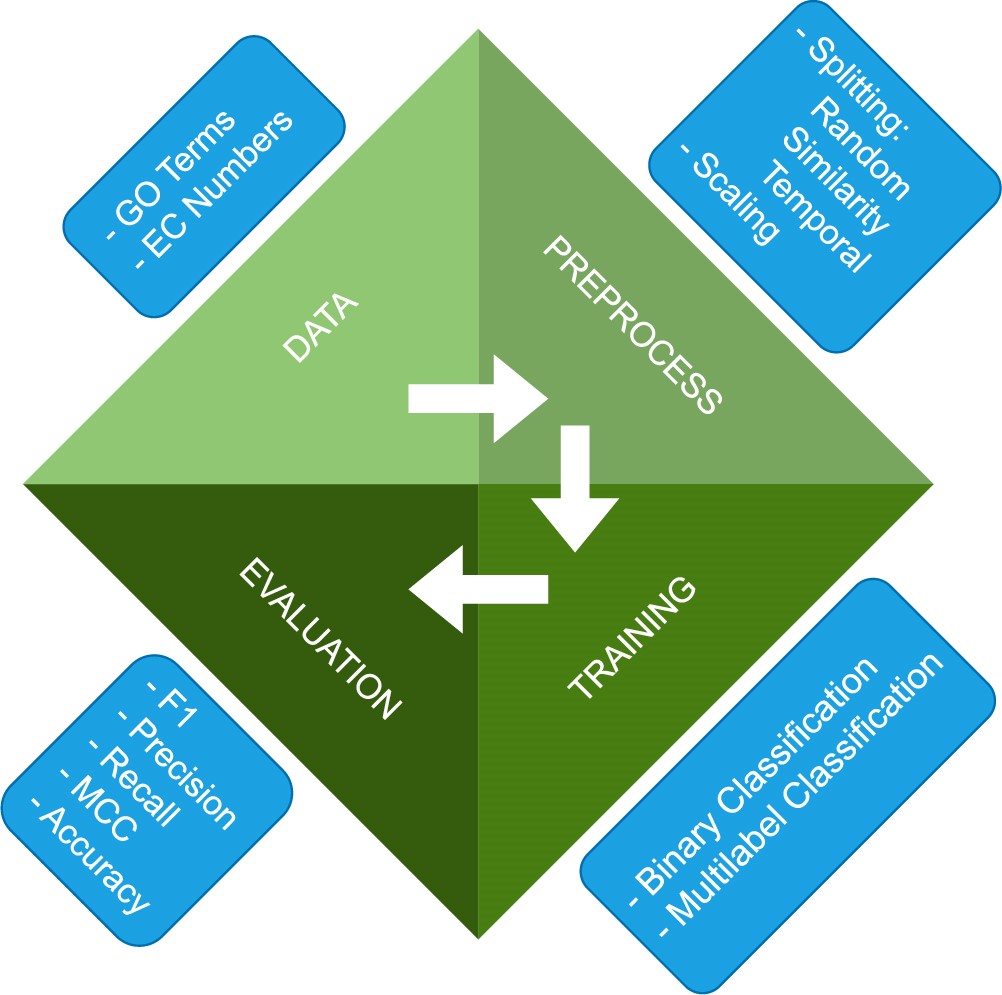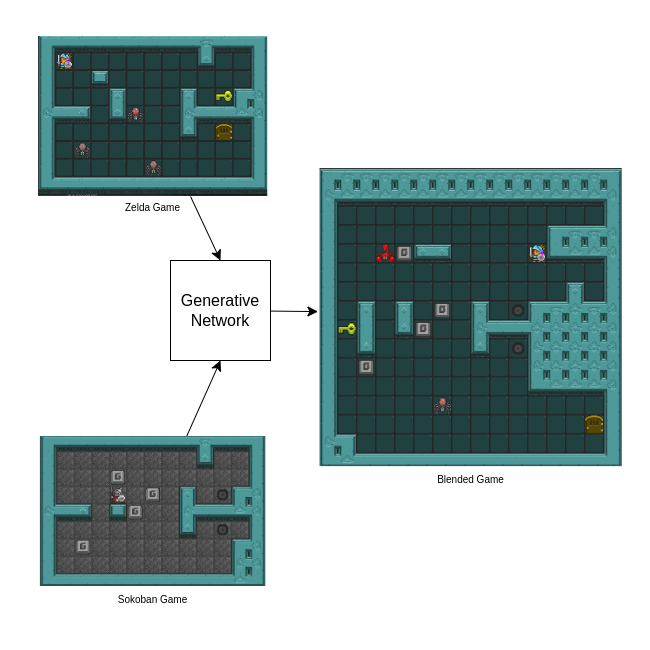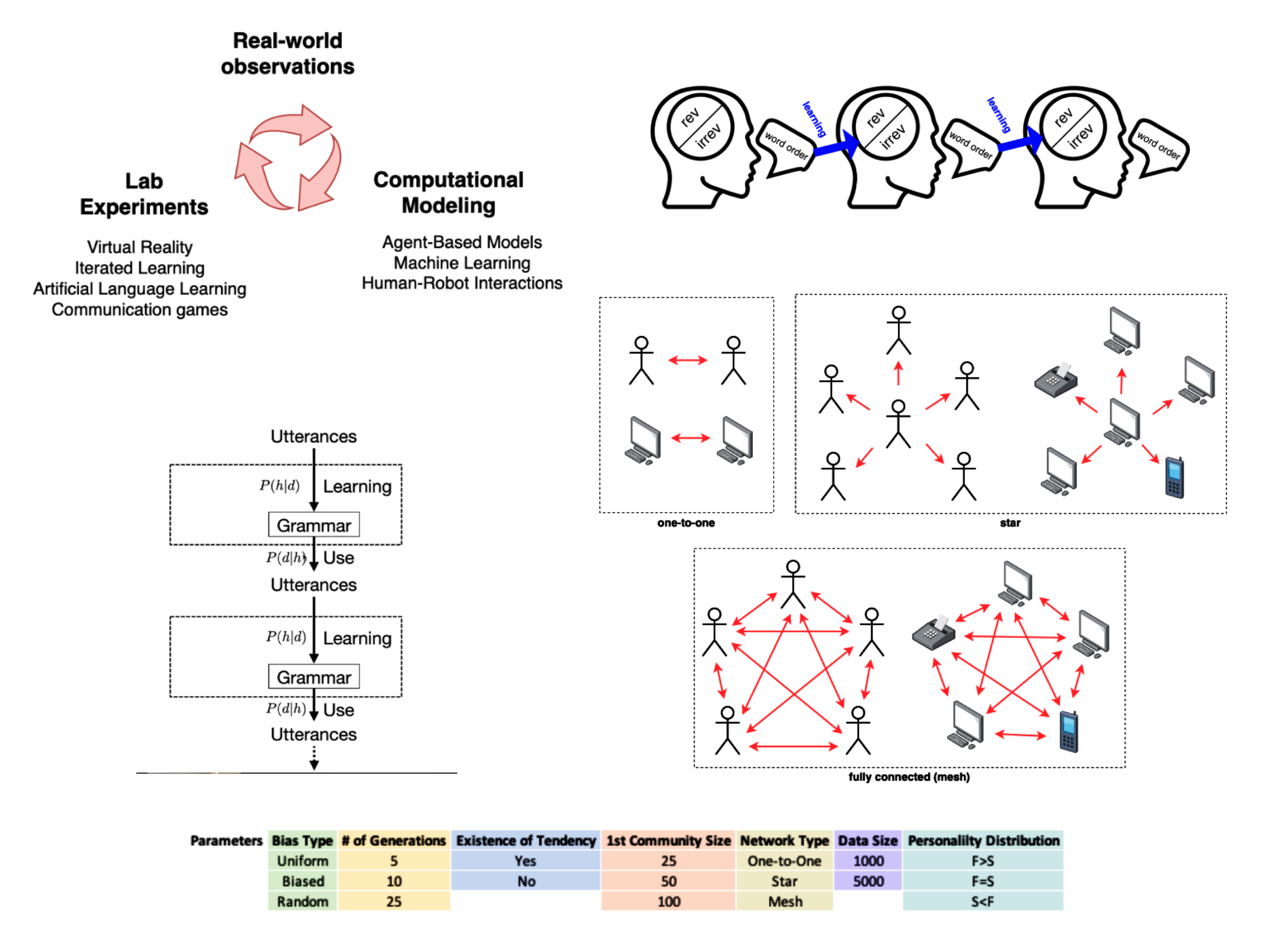Arif Ozan Kızıldağ, Semi-Automatic Prompting Approach with Question Decomposition for Multi-Hop Question Answering
With the help of large language models, prompt engineering enables easy access to vast knowledge for various applications. However, limited research has been done on multi-hop question answering using this approach. This thesis introduces a new semi-automatic prompting method for answering two-hop questions. The method involves creating a prompt with automatically selected examples by grouping answer-named entities from the training set and using a chain-of-thought principle. The results demonstrate comparable performance to fine-tuned models on the MuSiQue dataset. Ablation studies further validate the effectiveness of each component in the proposed method. The approach has the potential to be applied to more complex multi-hop question-answering systems while upholding performance on par with other state-of-the-art techniques.
Date: 07.09.2023/13:00 Place: A-212
